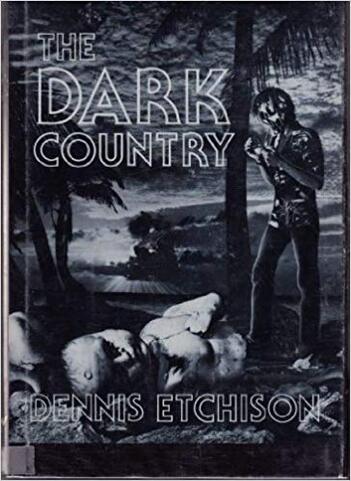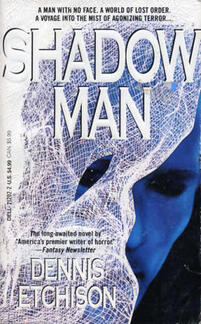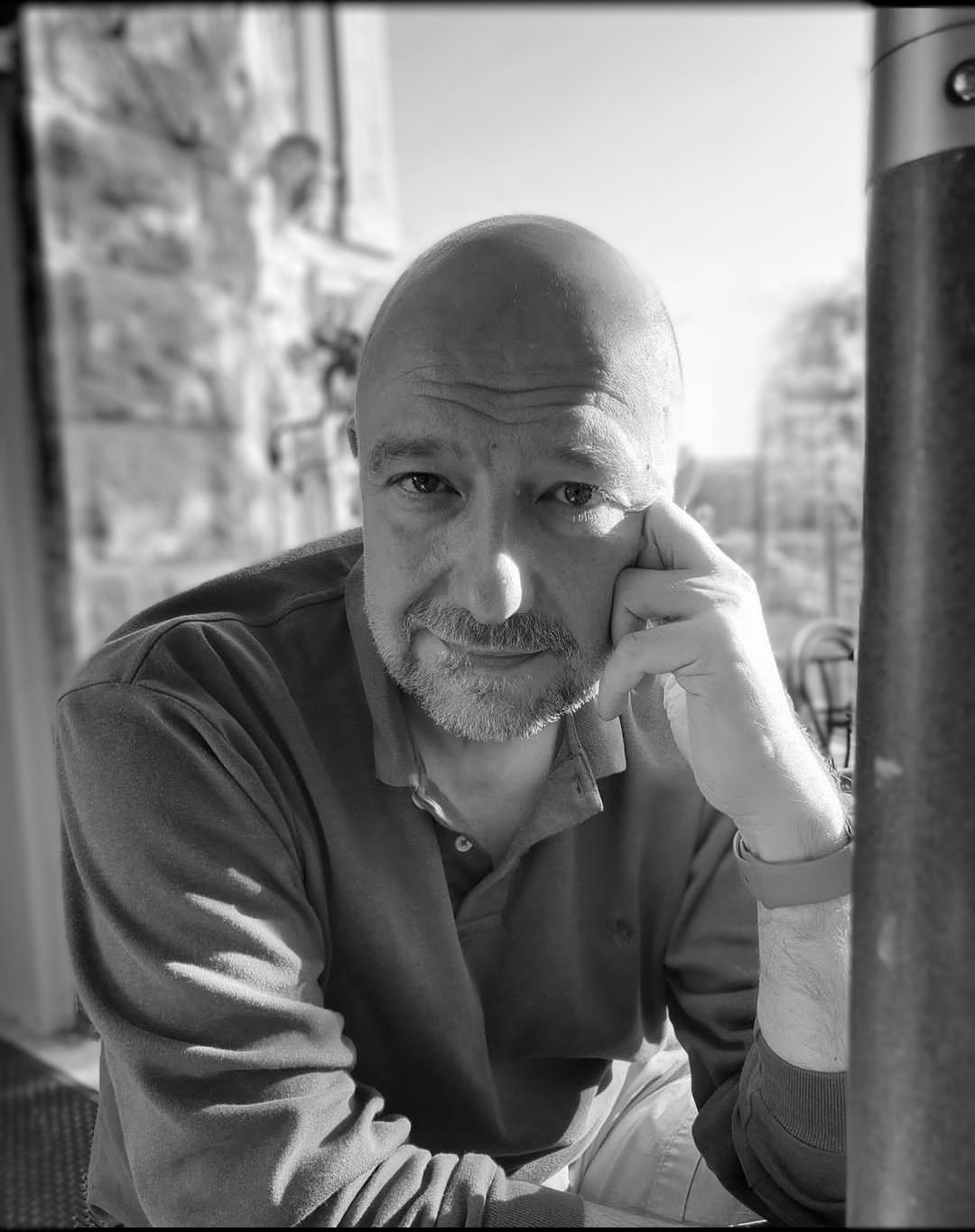Houston wasn't Los Angeles, of course, but its own sprawl made such stories as "Sitting in the Corner, Whimpering Quietly" and "Call First" and novels like Darkside and California Gothic easily relatable. The city's abundance of hospitals lent plausibility to Etchison's organ transplant story "The Dead Line." The verdant Hermann Park, surrounded by neighborhoods of wealth and privilege, might have been the same setting for "The Dog Park," and the police cars that appeared forever parked on the tangled freeways easily could have sprung from "The Dead Cop." My family passed by the rest stops dotting I-10 during our sojourns to Austin, but I felt like I knew the abandoned locale in "It Only Comes Out at Night." And how could one not be terrified of department stores or high school reunions after reading "The Pitch" or "The Chair," respectively? It wasn't just the settings and situations that set Etchison apart. He kept his prose spare, a holdover from his experience as a screenwriter, and it brought his vision to life. It was not just lean but fat-free, not just descriptive but evocative, even poetic. You cannot read any of the stories in The Dark Country or Red Dreams or The Blood Kiss without having his vision get under your skin. I tried to channel the opening line of his fantastic "Call 666" ("He awoke to the sound of a chainsaw.") in one of my own stories, but Etchison, always, managed to do it better.
0 Comments
Leave a Reply. |
Derek Austin Johnson has lived most of his life in the Lone Star State. His work has appeared in The Horror Zine, Rayguns Over Texas!, Horror U.S.A.: Texas, Campfire Macabre, The Dread Machine, and Generation X-ed.
He lives in Central Texas. Archives
August 2023
Categories |



 RSS Feed
RSS Feed